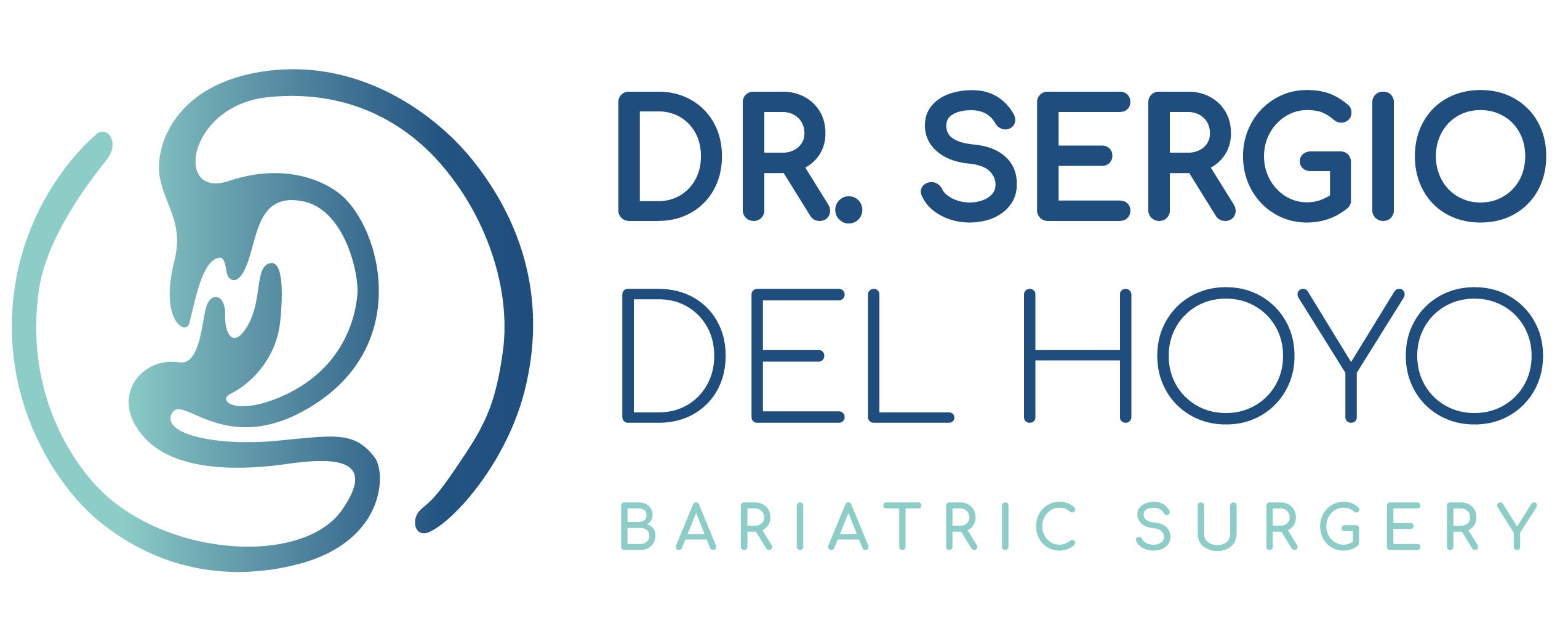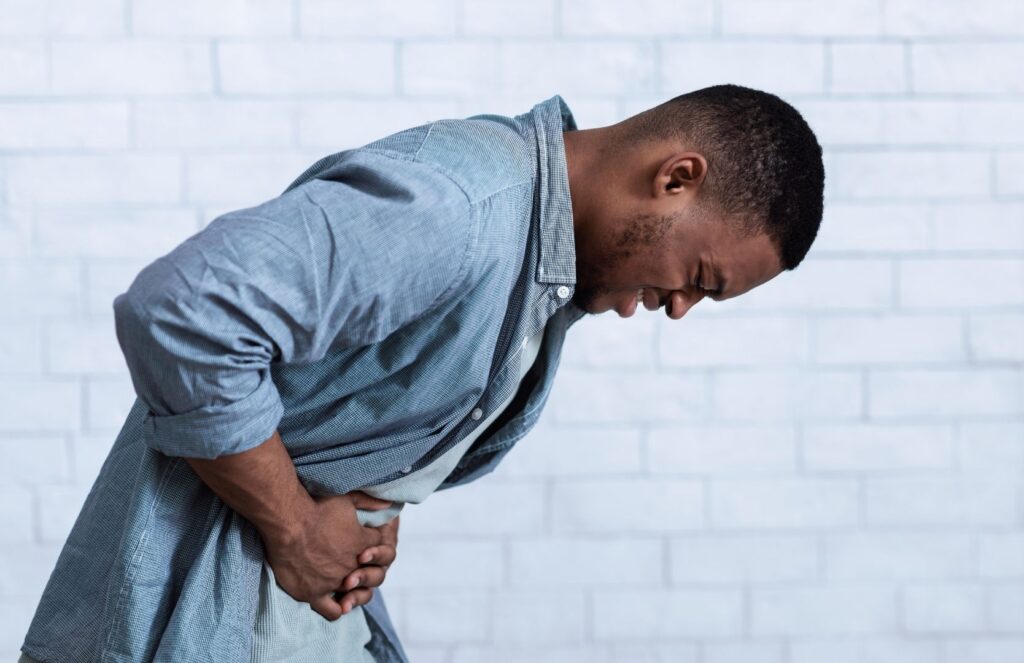Introduction:
Diverticulitis is a medical condition in which small pockets called diverticula develop in the lining of the digestive tract. These bags can cause inflammation, pain, and even infection. It usually occurs in the large intestine (colon), but can affect any part of the gastrointestinal tract. Although not life-threatening, it can be very uncomfortable and cause other complications that may require treatment or surgery to correct.
The exact cause of diverticulitis is not known, but certain factors increase the chances of developing the disease. Among them are a diet low in fiber, smoking, obesity, lack of physical activity and aging. In people older than 50 years, diverticulitis is especially common. Eating a high-fiber diet can help reduce the risk of developing it.
Symptoms of Diverticulitis
The symptoms of diverticulitis can vary depending on the severity of the condition. They usually include abdominal pain and tenderness, nausea, vomiting, constipation or diarrhea, and fever. Sometimes, there may be blood in the stool. If left untreated, more serious complications such as abscesses or perforations can occur.
Treatment of diverticulitis usually includes antibiotics and rest. In the most serious cases, surgery may be necessary to remove the affected area of the intestine or to repair the damage caused by the infection. In some cases, doctors may recommend lifestyle changes, such as eating a high-fiber diet and getting regular exercise.
Diagnosis
Diverticulitis is usually diagnosed based on a physical examination and medical history. Tests such as a colonoscopy, abdominal X-rays, or blood tests may also be used to confirm the diagnosis. In some cases, imaging studies (CT or MRI) may be necessary to identify any abscesses or fistulas that require further treatment. It is important that any symptoms of diverticulitis are reported and treated as soon as possible to avoid complications.
Keep in mind that although diverticulitis can be a painful and uncomfortable condition, it is often treatable with proper medical care. It is important that you follow your doctor’s instructions and contact your doctor if you experience any change in symptoms. Be sure to get regular checkups and screening tests to help diagnose the disease early and avoid complications.
Treatment of diverticulitis
Diverticulitis can be treated in a number of ways, depending on the severity and location of the condition. Treatment may include antibiotics to help clear up the infection, pain relievers to reduce discomfort, stool softeners to make bowel movements easier, and a temporary change in diet to reduce inflammation. The most serious cases may require surgery or hospitalization to continue treatment.
Surgery may be necessary in the most severe cases of diverticulitis, such as an abscess or fistula. During surgery, a part of the colon is removed and the edges are stitched up. A hospital stay may also be necessary to closely monitor the patient’s symptoms and progress.
In addition to medical treatments, lifestyle changes may also be necessary. A low-fat, high-fiber diet can help reduce inflammation and prevent disease recurrence. Regular physical activity and stress management can also help reduce symptoms.
It is important to follow the treatment by following the instructions carefully and contact a healthcare professional if any symptoms worsen or new symptoms appear. Early treatment is key to reducing the severity of diverticulitis and preventing other complications.
Conclusion
Diverticulitis is a common disease that can cause painful symptoms and even serious complications if left untreated. Although the exact cause of diverticulitis is unknown, certain factors increase the risk of developing the disease. Treatment for diverticulitis is usually antibiotics and rest, but in severe cases surgery may be necessary. Eating a high-fiber diet and exercising regularly can help reduce the risk of developing diverticulitis.
By understanding what diverticulitis is and how to reduce the risks associated with it, you will be better able to protect yourself from this disease. It is also important that you talk to your doctor if you experience any of the symptoms associated with this disease, so that you can receive the appropriate treatment.






